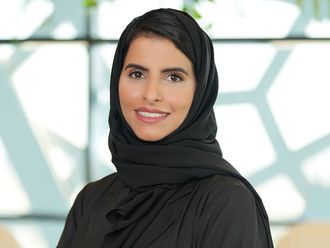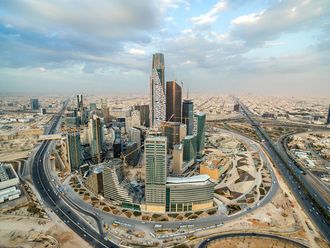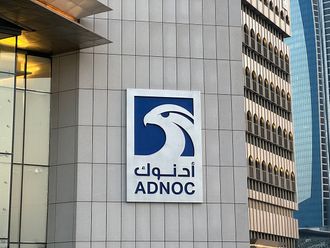Gulf Cooperation Council (GCC) countries must address key economic issues in 2011. They relate to strengthening regional economic integration, making fresh attempts to conclude a free trade deal with the European Union, ensuring availability of jobs meeting the expectations of locals, and maintaining economic reforms.
The first challenge relates to the slow pace of regional economic integration. The leaders agreed to treat branches of GCC firms the same as local ones only some 30 years after the inception of the regional grouping. The decision was made at the conclusion of the 31st summit held in Abu Dhabi late last year.
Nevertheless, this is a welcome move as it fosters implementation of the Gulf Common Market (GCM). Launched in 2008, the GCM calls for free movement of factors of production within the six-nation grouping.
Similar treatment
Concurrently, GCC countries must complete requirements of the customs union project, in turn requiring similar treatment of trading with non-members.
Launched in 2003, the customs union scheme has repeatedly failed to meet deadlines.
Among others, GCC officials could not agree on a formula for fair distribution of customs duties among member countries, as any such method must take into account port of entry and final destinations of goods.
At the same time, the six-nation GCC ought to take the initiative towards pressing for a free trade agreement (FTA) with the 27-member European Union.
The new GCC secretary-general, Abdul Latif Al Zayani, who assumes his job at the start of April, is ostensibly popular in EU circles. He was awarded a prestigious UK policing award for his work in Bahrain soon after being confirmed to his new job.
Talks between the two sides started in 1988 though comprehensive negotiations only commenced in 2003 after the GCC earned the status of customs union. But in late 2008, the GCC's General Secretariat under the leadership of its current secretary-general Abdul Rahman Attiyah abruptly suspended talks in order to signal its displeasure with derailed negotiations.
To be sure, EU countries insist on addressing issues related to human rights and democracy as preconditions for signing an FTA with GCC nations.
Undoubtedly, the absence of a trade pact serves the EU side, which reportedly enjoys a hefty $15-billion (Dh55.17 billion) surplus in its trade with GCC countries.
Still, another challenge concerns generating a sufficient number of jobs for locals in three GCC countries, namely Saudi Arabia, Bahrain and Oman. For instance, Saudi authorities are under pressure to create 160,000 jobs annually, as part of efforts to reduce jobless rate from 9.6 per cent in 2009 to 5.5 per cent in 2014. Rightly or wrongly, Saudi authorities have banned expatriates from working in more than 30 job categories in trying to ensure availability of jobs for locals.
These include training managers, public relations officers, administrative assistants, purchasing managers, secretaries, operators, warehouse supervisors, debt collectors, customer service accountants, tellers, postmen, data handlers, librarians, book sellers, ticket kiosk keepers, taxi drivers, auto salesmen, janitors, internal mail handlers and tour guides.
Competing places
However, policymakers in Saudi Arabia must be careful with restrictions on expatriates in order to avoid annoying the business community, which can relocate their enterprises to other competing regional places.
GCC countries also need to steadily maintain the pace of economic reforms. For good reasons, all GCC governments appreciate opening up their economies to competition.
All GCC countries have reaped the benefits of liberalising the tele-com sector through improvement in services, reduction of costs and introduction of new products.
Clearly, the New Year brings with it serious economic challenges that cannot be overlooked.
The writer is a member of parliament in Bahrain.












